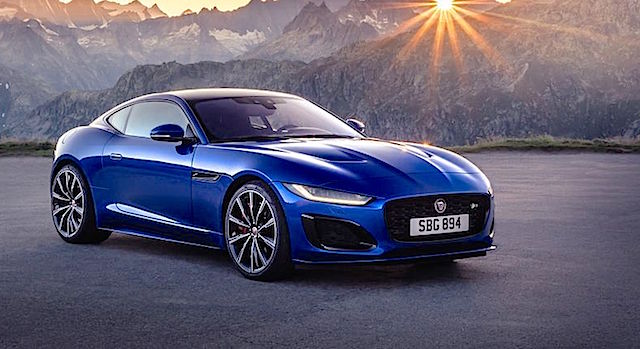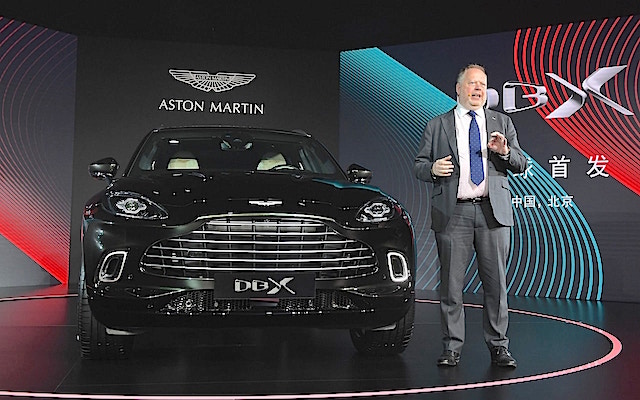
Jaguar Land Rover (JLR) says reports that it is seeking a NZ$4 billion bailout from the British Government are “inaccurate and speculative”– but it is in talks for help as it battles a steep fall in global sales as a result of the coronavirus lockdown.
“We are in regular discussion with government on a whole range of matters and the content of our private discussions remains confidential,” JLR said in a statement.
The rescue package, say reports in the UK, could include a loan of more than NZ$2 billion, with conditions to potentially turn it into a Government shareholding in JLR parent, India’s Tata group.
Such a shareholding would put the Government in a position similar to ruling bodies in France and Germany: the French Government has an equity stake in Renault and Peugeot, and regional governments in Germany have a stake in Volkswagen.
“Having it convertible into equity is a very good idea,” said automotive analyst Professor David Bailey, of Aston University. “It is what other Governments do.
“So it is not unusual in the industry, although it is unusual in the UK – it would really raise a new form of industrial policy, but one which I think we are probably going to need.”
Prof Bailey wanted the Government to take a stake in JLR in the global financial crisis of a decade ago, noting that it could have made a significant profit in the years since.
The British Government and Bank of England have talked about taking equity stakes in strugglling companies which do not qualify for loans currently on offer, often because they already have too much debt.
JLR is not eligible for help under existing schemes because the schemes require big businesses to have an investment grade credit rating, which the carmaker lacks. Much of the car industry has weak ratings due to its low margins.
Meanwhile, fellow British brand Aston Martin has sacked its chief executive Andy Palmer (below), following a 98 per cent collapse in the company’s shares since it floated on the stock exchange less than two years ago.
Aston Martin’s shares have plummeted from around NZ$38 a share when the company floated in October 2018 to NZ$0.70 cents today. Its market value, says the Guardian newspaper, is now NZ$1.3 billion compared with more than NZ$8 billion on floatation.
Palmer is expected to be replaced by Tobias Moers, the CEO of Mercedes-AMG. Palmer had attempted to steer Aston Martin by launching a more popular sports utility vehicle, the DBX. But overall demand for luxury cars has stalled, even before coronavirus.
Aston Martin’s sales have almost halved during the lockdown, driving the troubled luxury carmaker even deeper into the red.
The company suffered a NZ$238m pre-tax loss in the first quarter of 2020, widening from NZ$34m a year earlier, as revenues crashed 60 per cent to NZ$160m. It handed over just 578 cars in the three months, down 45 per cent from 1057 it sold in the same period in 2019.
The firm was already suffering before Covid-19 hit, and had issued a string of profit warnings and sales downgrades over the past 18 months.
It secured a NZ$1.07m cash injection in April in a deal which gave a new group of investors a 25 per cent stake in the business. The consortium’s leader, Canadian billionaire Lawrence Stroll, who made his money in the fashion business, has taken the wheel as executive chairman.
But Aston has now hinted even more money will be needed to keep the stricken company going. It has net debts of NZ$1.28 billion.
It said in a statement: “The company is proceeding on the assumption that trading remains challenging and is therefore implementing measures to take further actions on operating costs and focus on controlling cash.
“Given the ongoing uncertainties, as is prudent, the company continues to review all future funding and refinancing options to increase liquidity.”


